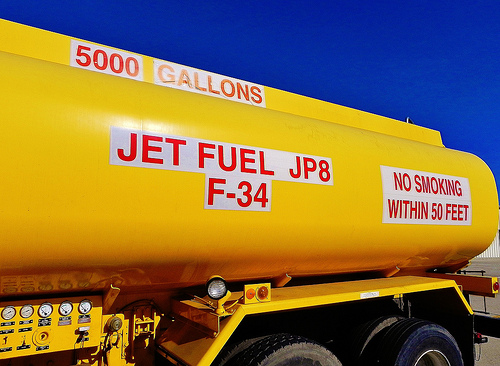The declining capacity utilisation of local oil refineries is beginning to disrupt the supply of essential petroleum products, including jet fuel, critical to various installations, especially defence operations.
Dawn reported, citing sources within the Oil and Gas Regulatory Authority (Ogra), that a key defence organisation had formally requested the regulator ensure that oil refineries honour their obligations regarding the supply of JP-8 fuel. However, data revealed that none of the six major refineries had delivered the agreed-upon quantities of jet fuel to defence organisations during the first nine months of the current fiscal year (July-March).
According to data, Attock Refinery Limited (ARL), based in Rawalpindi, supplied around 85% of its contracted JP-8 quantities to defence organisations in the reviewed period, followed by Parco at 70% and Pakistan Refinery Limited at 52%.
In contrast, National Refinery, Byco, and Enar collectively supplied only 25% to 44% of their contractual obligations, with total supplies from all six refineries reaching just 58% of the required quantities.
ARL reported that it had supplied the highest proportion of contracted fuel, citing technical limitations and the depletion of crude reserves from northern oilfields as key challenges. The refinery has requested the government to reallocate 5,000 barrels per day of crude oil from southern oilfields, which are currently being exported, but this request has been unresolved since 2022.
In response to this shortfall, both the government and Ogra have pushed refineries to fulfil their contractual fuel commitments.
The refineries have cited the regulatory leniency towards the import of finished petroleum products such as petrol and diesel by select oil marketing companies.
Additionally, the law and order issues in certain Khyber Pakhtunkhwa fields have disrupted condensate supplies. Refineries have also pointed to the rampant influx of smuggled petroleum products, which they say is threatening the viability of local refining operations.
Parco has also raised concerns about an oversupply of diesel, with storage facilities reaching capacity due to the reduced purchasing activity of oil marketing companies. This has further impacted the production of essential jet fuel.




